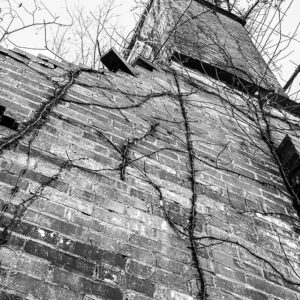 Chewaukla Bottling Factory Chimney
Chewaukla Bottling Factory Chimney
Entry Category: Business and Economics
 Chewaukla Bottling Factory Chimney
Chewaukla Bottling Factory Chimney
 Chewaukla Bottling Factory Gazebo
Chewaukla Bottling Factory Gazebo
 Chewaukla Bottling Factory Gazebo
Chewaukla Bottling Factory Gazebo
 Chewaukla Bottling Factory Interior
Chewaukla Bottling Factory Interior
 Chewaukla Bottling Factory Main Building
Chewaukla Bottling Factory Main Building
 Chewaukla Bottling Factory View
Chewaukla Bottling Factory View
 Chewaukla Bottling Factory Wall
Chewaukla Bottling Factory Wall
 Chewaukla Bottling Factory Window
Chewaukla Bottling Factory Window
Chewaukla Mineral Springs Co.
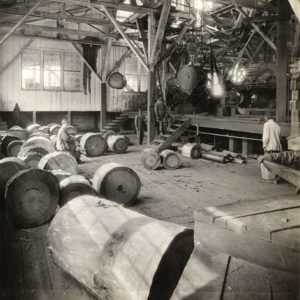 Chicago Mill and Lumber Company
Chicago Mill and Lumber Company
Chicago, Rock Island and Pacific Railway
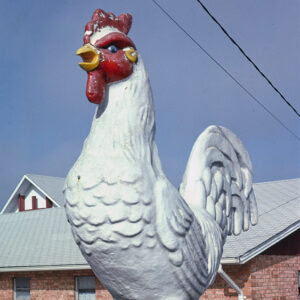 Chicken Statue
Chicken Statue
Chicken War of 1962–1963
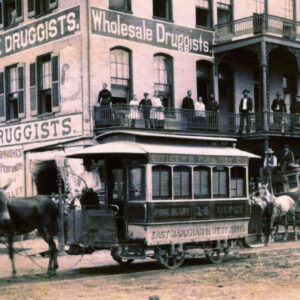 Citizen's Railway Company
Citizen's Railway Company
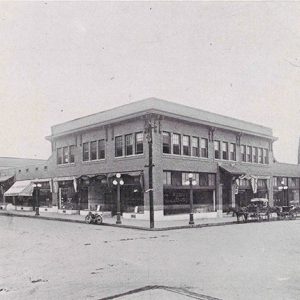 City Market and Arcade
City Market and Arcade
 City Market and Arcade Interior
City Market and Arcade Interior
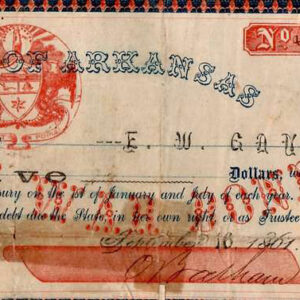 Civil War Bond
Civil War Bond
 Clark and Representatives
Clark and Representatives
Clarke, Faye
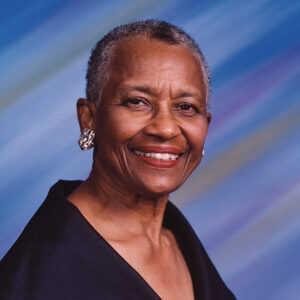 Faye Clarke
Faye Clarke
Claybrook, John C.
Clem Bottling Works
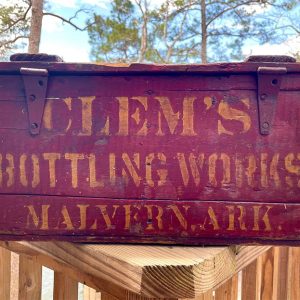 Clem's Crate
Clem's Crate
 Clem’s Cola Label
Clem’s Cola Label
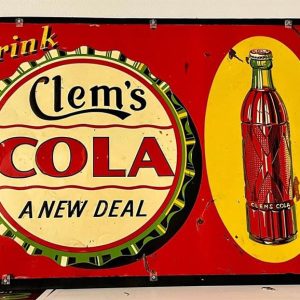 Clem’s Cola Sign
Clem’s Cola Sign
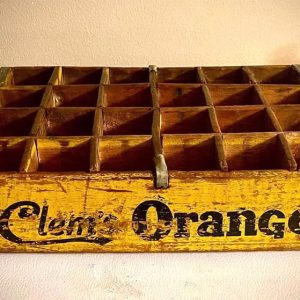 Clem’s Soda Crate
Clem’s Soda Crate
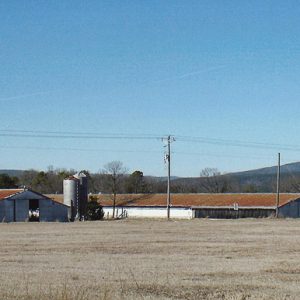 Cleveland Poultry Farm
Cleveland Poultry Farm
Cleveland County Herald
Climber Motor Corporation
Clinton, Chelsea Victoria
 Chelsea Clinton
Chelsea Clinton
Coal Hill Convict Lease Investigation (1888)
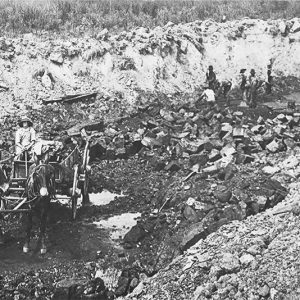 Coal Mining
Coal Mining
Coal Mining
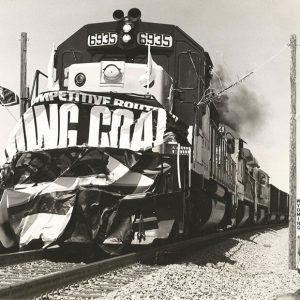 Coal Train
Coal Train
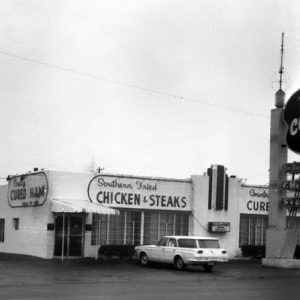 The Coffee Cup
The Coffee Cup
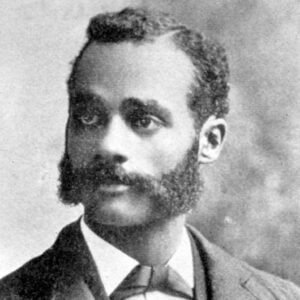 Frank Coffin
Frank Coffin
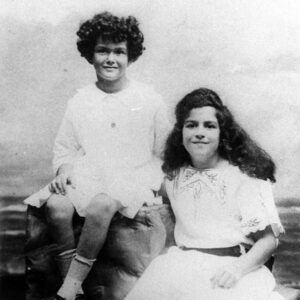 Cohn Sisters
Cohn Sisters
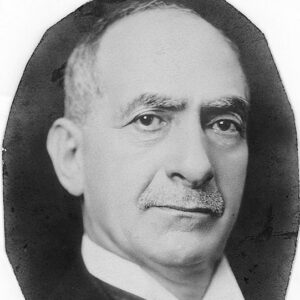 M. M. Cohn
M. M. Cohn
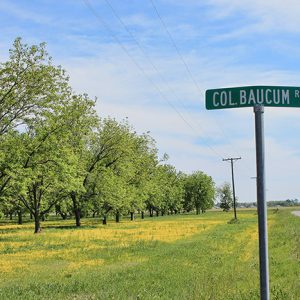 Col. Baucum Road
Col. Baucum Road
Coleman Dairy
Coleman, Ed “Sweat”
Coleman, Walter Carpenter (Walt), III
Combs, Cass and Eastern Railroad
 Comic Book Ban Article
Comic Book Ban Article
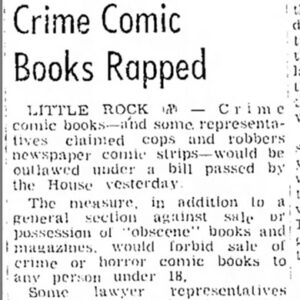 Comic Book Ban Article
Comic Book Ban Article
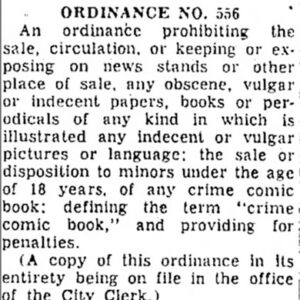 Comic Book Ban Article
Comic Book Ban Article
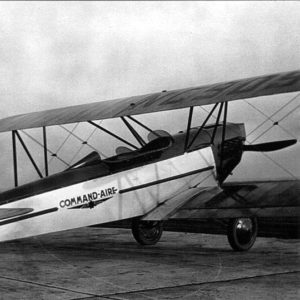 Command-Aire
Command-Aire
Command-Aire
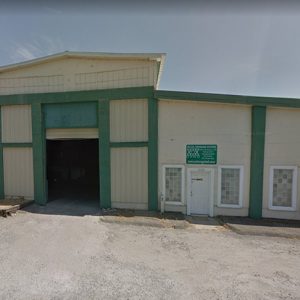 Command-Aire Building
Command-Aire Building




